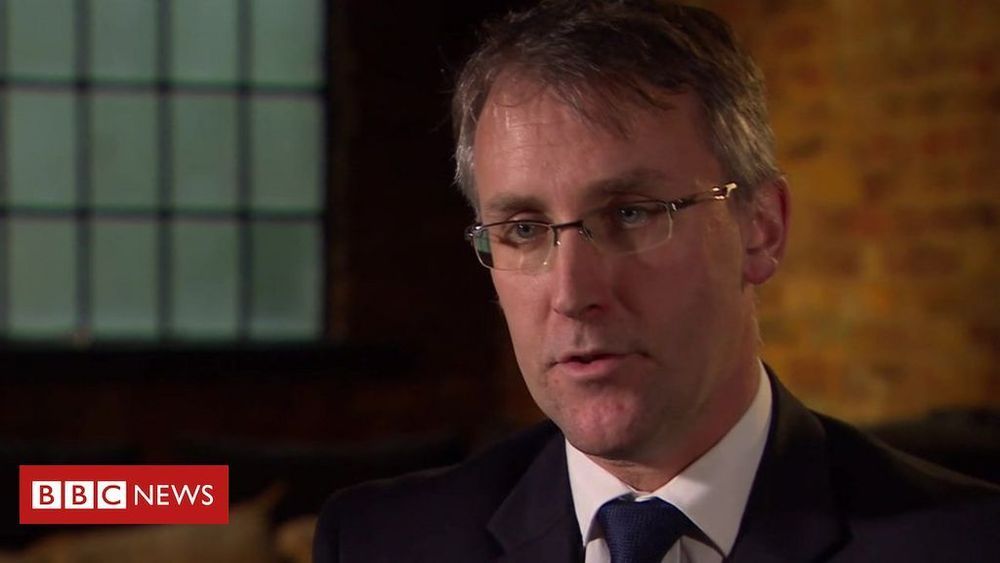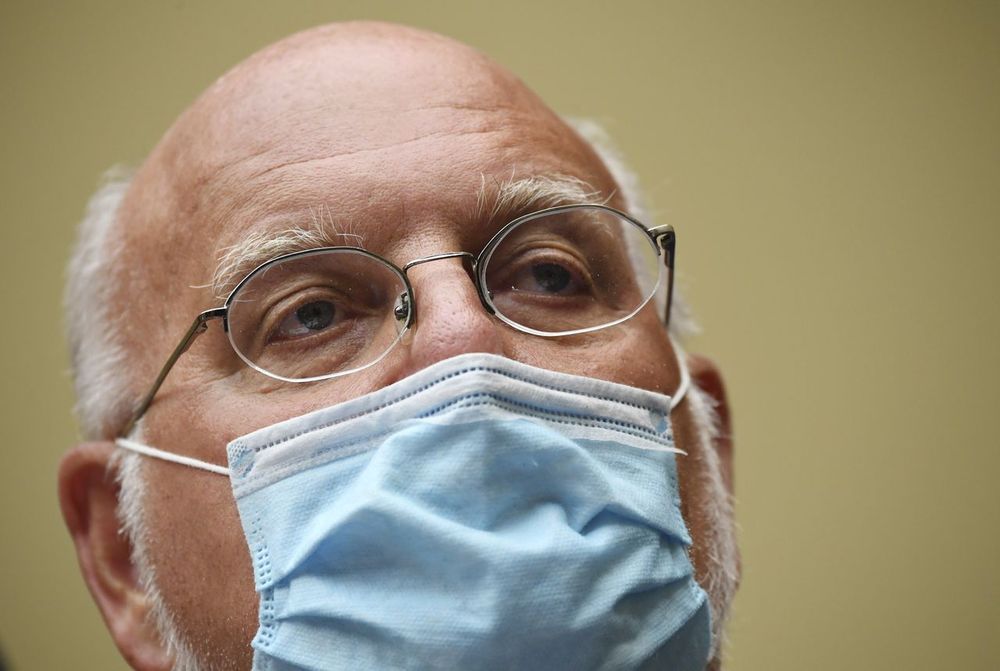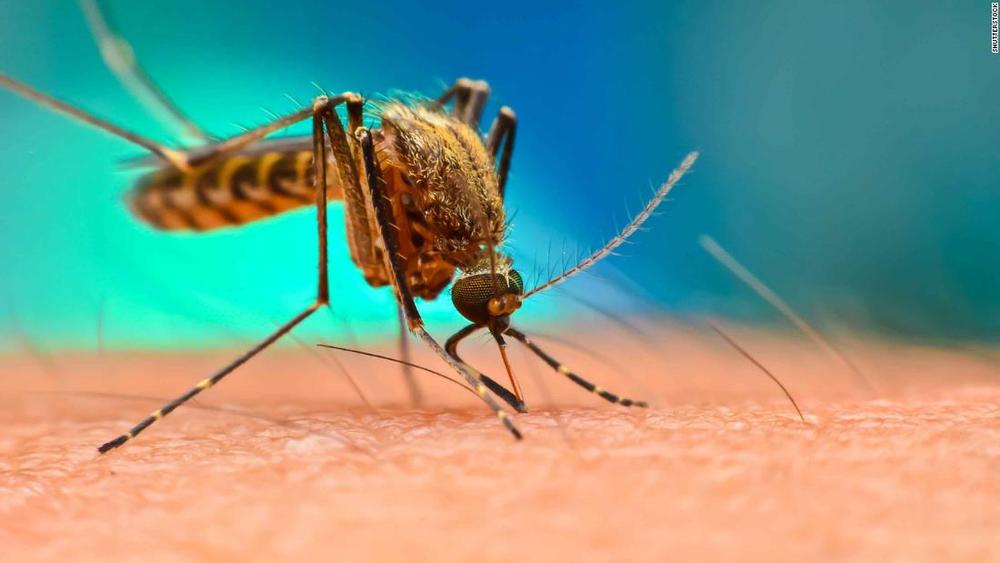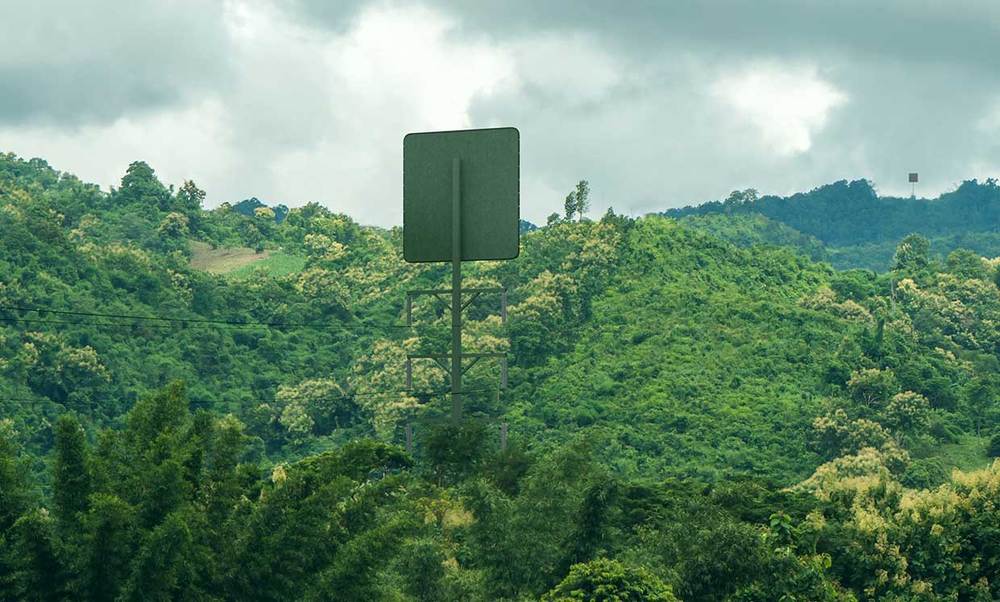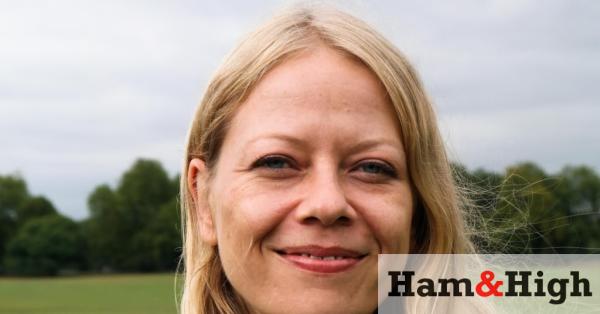Singapore-based blockchain data firm CyberVein has become one of 12 firms participating in the construction of China’s Hainan Wenchang International Aerospace City. Construction commenced last month, with the site previously hosting a satellite launch center. Described as “China’s first aerospace cultural and tourism city,” it will be a hub for the development of aerospace products and support services intended for use in Chinese spacecraft and satellite launch missions. The 12-million-square-meter facility will host the country’s first aerospace super-computing center, and will focus on developing 40 technological areas including big data, satellite remote sensing and high precision positioning technology. CyberVein will work alongside major Chinese firms, including Fortune 500 companies Huawei and Kingsoft Cloud, and will leverage its blockchain, artificial intelligence and big data technologies to support the development of the city’s Smart Brain Planning and Design Institute.”
Blockchain firm CyberVein is partnering with the Chinese government to build a blockchain-powered governance system for its aerospace ‘smart city.’
Listen to article.

